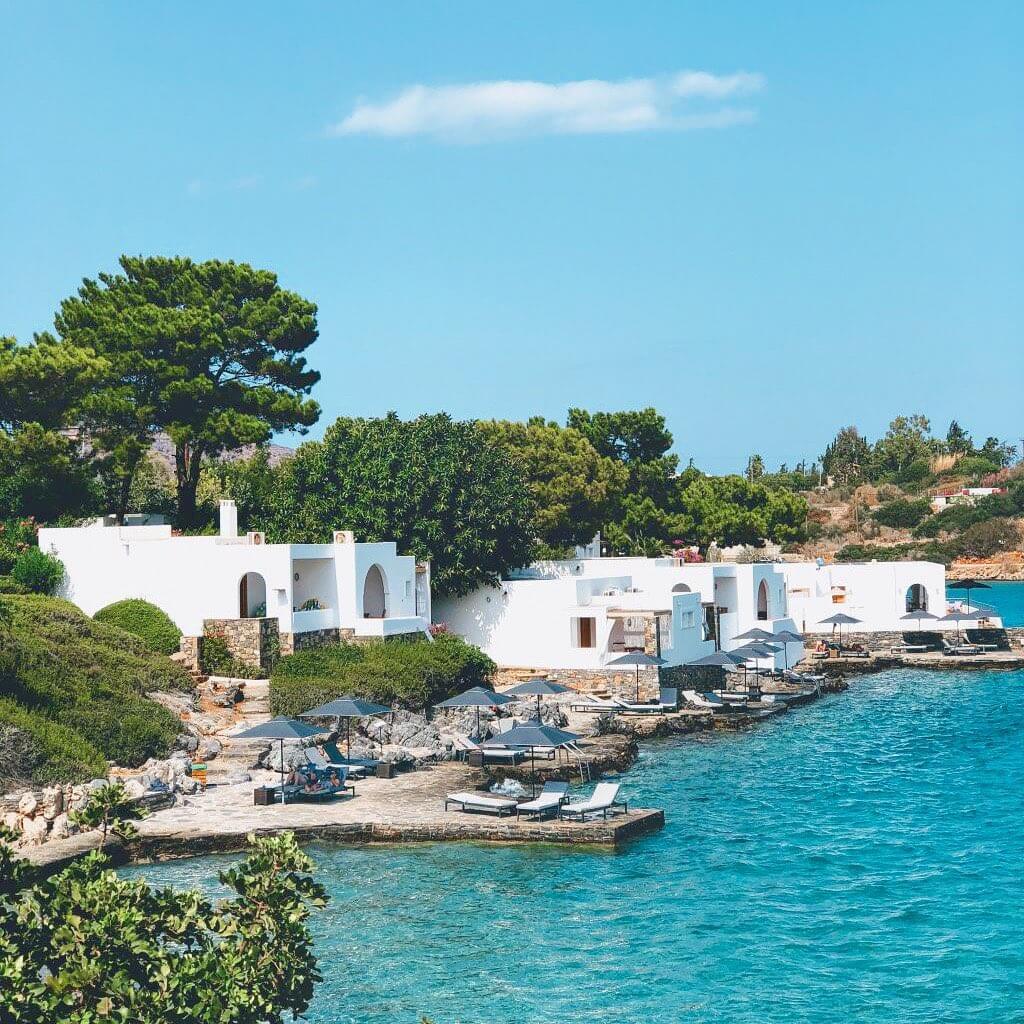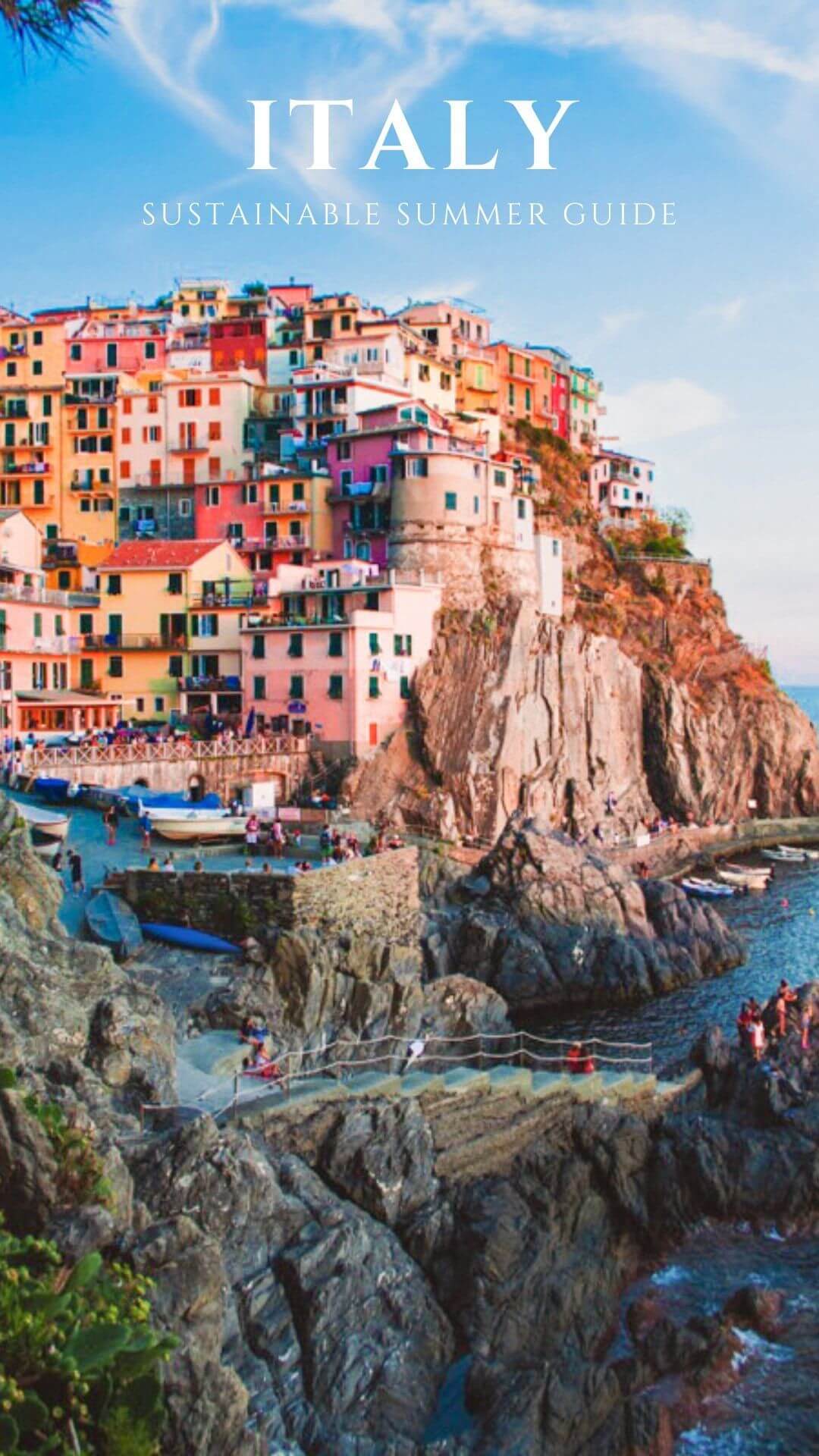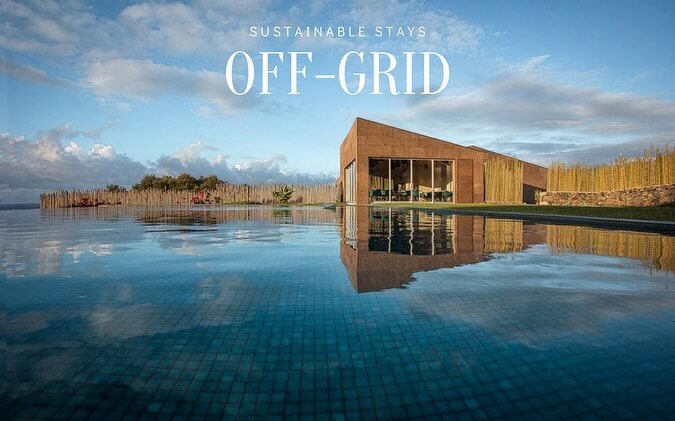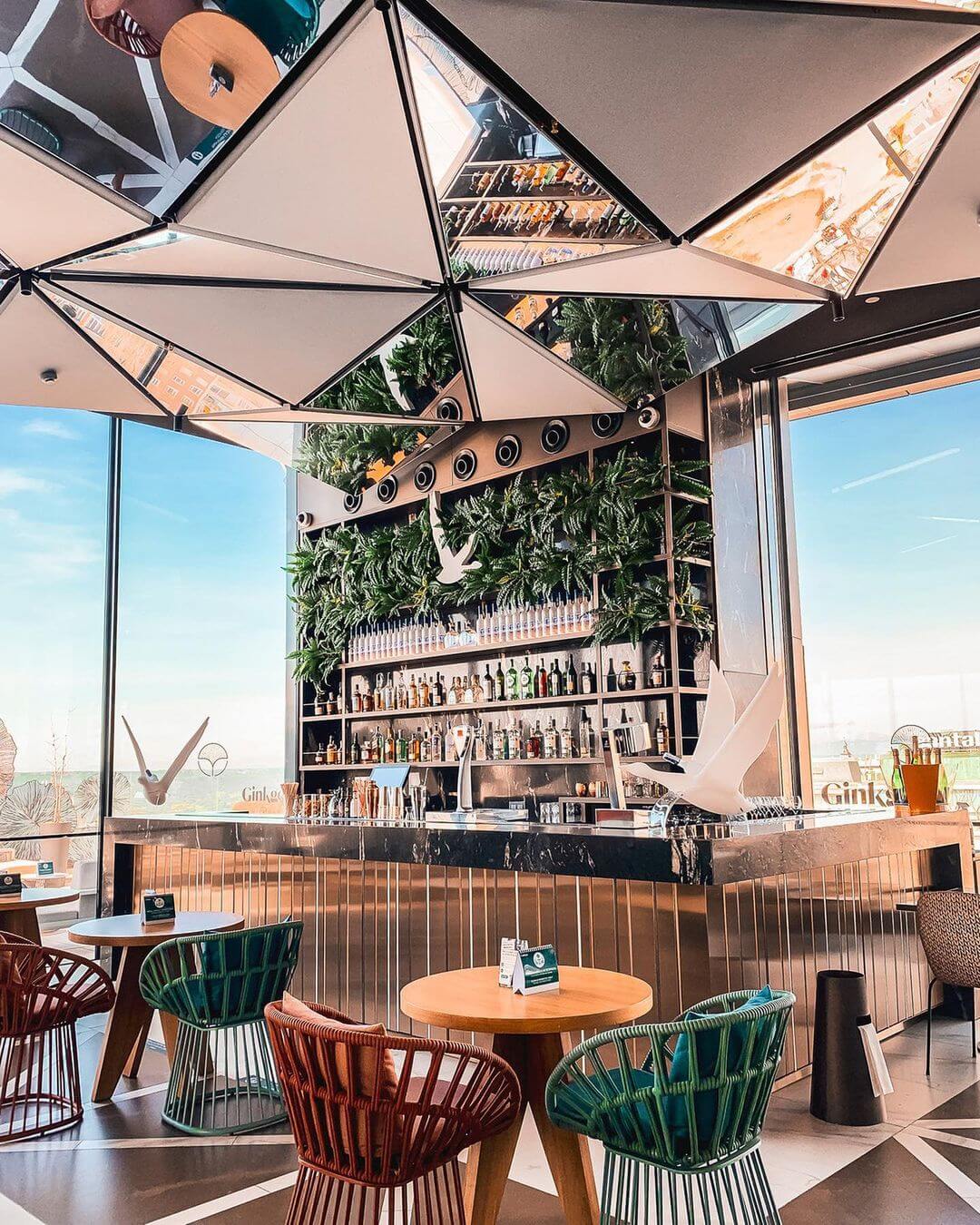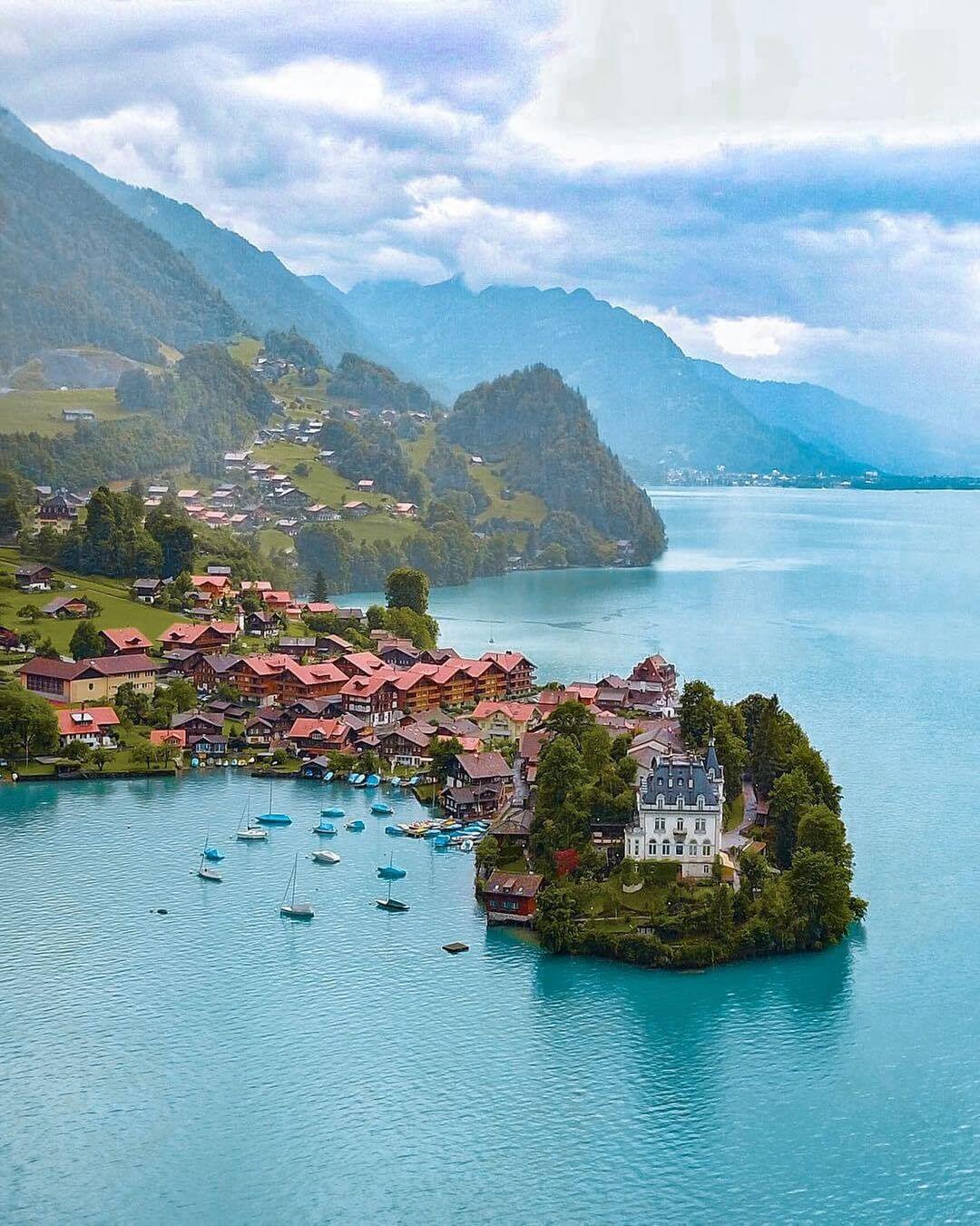Sustainable tourism has become increasingly popular in recent years as people become more aware of the impact that tourism can have on the environment and local communities. Sustainable tourism is defined as tourism that takes into account the economic, social, and environmental impacts of tourism, both in the short and long term.
Is tourism sustainable?
With organizations like the Global Sustainable Tourism Council advocating for responsible practices, the tourism industry is gradually embracing sustainability as a core principle.
In this blog, we will discuss what sustainable tourism is and the different types of sustainable tourism, including agro-tourism, cultural tourism, eco-tourism, community tourism, regenerative tourism, and rural tourism.
What is Sustainable Tourism?
The definition by World Tourism Council is "Tourism that takes full account of its current and future economic, social and environmental impacts, addressing the needs of visitors, the industry, the environment and host communities."
Sustainable tourism is a type of tourism that aims to minimize the negative impact of tourism on the environment and local communities while also providing economic benefits to the local community. Sustainable tourism is sometimes also referred to as responsible tourism or eco-tourism.
By adopting sustainable practices, the tourism industry can play a vital role in supporting sustainable development goals. It involves a range of activities, such as reducing the carbon footprint of tourists, using eco-friendly transportation, supporting local businesses, and respecting local cultures and traditions.
One off the shining sustainable tourism examples is Copenhagen, Denmark which has emerged as a global leader in this field. The city promotes cycling as a primary mode of transportation, offers eco-friendly accommodations, and emphasizes renewable energy sources. Visitors can explore sustainable urban initiatives like the bike-sharing system, green spaces, and energy-efficient architecture, contributing to the city's sustainability goals.
Benefits of Sustainable Tourism
Sustainable tourism offers a wide range of benefits for both destinations and travelers. For local communities, it provides economic opportunities, preserves cultural heritage, and promotes community-based tourism. Additionally, sustainable tourism initiatives contribute to environmental conservation, raise awareness about biodiversity, and support the preservation of natural resources.
Different Types of Sustainable Tourism
Agro Tourism:
Agro-tourism is a type of sustainable tourism that focuses on promoting agriculture and rural life. It involves visiting farms, participating in farm activities, and learning about local agriculture and food production. Agro-tourism helps to support local farmers and promote sustainable agriculture practices.
Italy is one country that promotes agro-tourism and one example of Agro Tourism in Italy is Tuscany. It is renowned for its agrarian landscape and vineyards. Visitors can engage in agro-tourism activities such as grape picking, olive harvesting, and wine tasting. Agriturismos, which are farm-stay accommodations, offer a chance to experience rural life and traditional agricultural practices while enjoying the region's culinary delights.
Glamping Podere Cortesi, Tuscany
Santa Luce
Podere Cortesi is a farm, with products that you can buy and taste. On the one hand our Agriturismo, on the other the Glamping and then the restaurant and swimming pool.
Here you will live a holiday in complete relaxation, in contact with the family-friendly Pisan countryside.
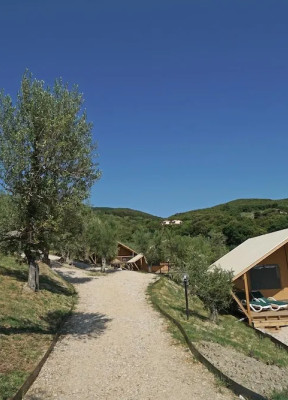
Cultural Tourism:
Cultural tourism is a type of sustainable tourism that focuses on promoting local culture and traditions. It involves visiting cultural sites, attending cultural events, and learning about local customs and traditions. Cultural tourism helps to support local communities and preserve cultural heritage.
Athens, Greece is a treasure trove of ancient Greek culture and history. Cultural tourists can visit iconic landmarks such as the Acropolis, Parthenon, and the Ancient Agora. They can explore museums like the Acropolis Museum and National Archaeological Museum to learn about ancient Greek civilization and its contributions to art, philosophy, and democracy.
Shila, Athens
Athens
Shila-Athens is a Twenties townhouse transformed into a six-suite hideaway hotel full of art and soul. Each one of the suites is unique, from floating beds to swings in the shower, Shila-Athens is obsessed with originality. Committed to uplifting the local community, Shila-Athens created a space for up-and-coming artists and cultural gatherings. Guests can expect an immersive experience in the Athenian creative scene.

Eco-Tourism:
Ecotourism is a type of sustainable tourism that focuses on promoting environmental conservation and protection. It involves visiting natural areas and participating in activities that help to protect the environment, such as hiking, bird watching, and nature photography. Eco-tourism helps to support environmental conservation and protection efforts.
At Good.travel, we know there are incredible players in the hospitality industry that are having a positive impact on the planet. Hotels in our network embrace a wide array of environmentally conscious decisions such as: choosing sustainable suppliers, building green facilities, implementing responsible waste management practices, ocean conservation and much more!
Centro de Ecoturismo Tierra del Agua, Spain
Caleao
The Tierra del Agua Ecotourism Center is located in the Redes nature reserve and features an attractive contemporary design and spectacular mountain ‘vistas.’ Near the hotel, guests will find numerous hiking and cycling trails where they can enjoy the natural beauty of Asturias. The hotel is an eco-oasis for relaxation, recreation, and gastronomy that transforms classic mountain tourism into an eco-friendly experience.
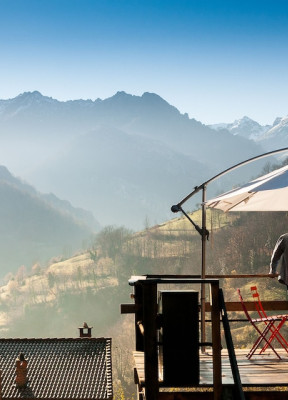
Community Tourism:
Community based tourism is a type of sustainable tourism that focuses on promoting local communities and supporting local businesses. It involves staying with local families, participating in local activities, and learning about local customs and traditions. Community tourism helps to support local communities and promote sustainable economic development.
There are many hotels that support local communities around the world. Good.travel makes it a priority to showcase hotels that are truly the heart of their community by employing locals with a livable wage, sourcing ingredients from nearby producers, supporting artisans to resell their work, or becoming a space where the entire community can gather to strengthen their bonds.
Regenerative Tourism:
Regenerative tourism is a type of sustainable tourism that focuses on restoring and regenerating the environment and local communities. It involves reforestation, habitat restoration, and community development projects. Regenerative tourism helps to promote environmental and social sustainability.
Costa Rica is a leading destination for regenerative tourism, offering a wide range of sustainable experiences. Travelers can explore national parks like Manuel Antonio and Corcovado, go bird watching in the Monteverde Cloud Forest Reserve, or embark on eco-friendly adventures such as zip-lining and waterfall rappelling while supporting local conservation efforts.
Nayara Gardens
San Carlos
Nayara Gardens lies deep within the Costa Rican rainforest, below the Arenal Volcano, and is renowned for its “heartfelt hospitality”, rich gardens full of indigenous flora and fauna, and their resident sloths.
The team believes in building harmony with nature and leaving space for wildlife, whilst contributing to the growth of their local community. They have slowly and painstakingly replanted native species in the forest and set out a tropical garden throughout the resort which has created a natural refuge for birds, monkeys and sloths.
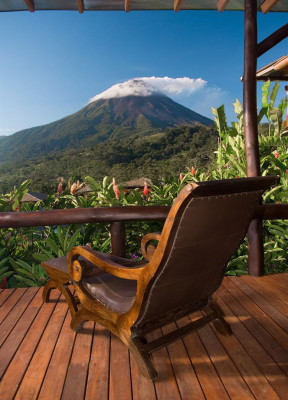
Rural Tourism:
Rural tourism is a type of sustainable tourism that focuses on promoting rural life and supporting local communities. It involves visiting rural areas, participating in rural activities, and learning about local agriculture and food production. Rural tourism helps to support local farmers and promote sustainable agriculture practices.
One of the examples of Rural Tourism is Switzerland. The country has embraced rural tourism, offering travelers the opportunity to experience breathtaking landscapes, participate in rural activities, and support local communities. This form of tourism promotes sustainable agriculture and preserves the cultural heritage of rural regions.
Sa Bassa Rotja Ecoturisme
Porreres
Hotel Sa Bassa Rotja is a restored 13th-century farmhouse surrounded by nature set in the Mallorcan countryside near Porreres. Offering traditional Majorcan décor and quiet countryside, the hotel is designed for relaxation, walking and cycling. Guests are encouraged to experience rural and genuine Mallorca by bike and the establishment has been awarded the 'Cycling Friendly' quality seal. Hotel Sa Bassa Rotja is the perfect place from which to explore the island, disconnect from the city, breathe clean air and enjoy nature in its purest form.
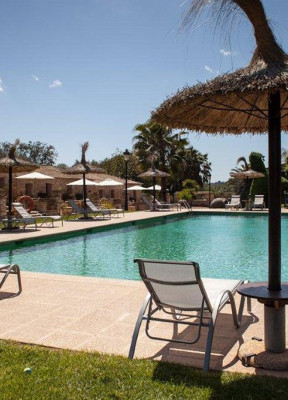
Slow Travel:
Slow travel, which is an approach to tourism centered on sustainability, respect for the culture and features of the local place, and the pleasure of meaningful travel experiences, is one of the new trends in sustainable tourism.
Rancho Los Lobos
Jimena de la Frontera
Rancho Los Lobos is a nature hideaway surrounded by the Natural Park Los Alcornocales in Andalusia and is run by Baraba and Karl, a dedicated team who take care of every detail of the hotel and their aim is to provide a holiday experience via mindfulness and connection with nature.
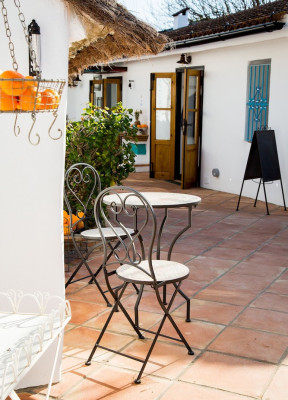
Sustainable tourism is not just a buzzword, it is a responsible and ethical approach to travel that benefits both the local community and the environment. By choosing sustainable tourism practices travelers can help to minimize the negative impact of tourism while supporting the local community’s economic development and preserving their cultural and natural heritage. Let us all try to practice sustainable tourism and promote responsible travel. Browse our entire selection of sustainable hotels all around the world.
Follow us to discover more unique hotels, slow stays, LGBTQ+ friendly resorts, and conscious luxury escapes.
Subscribe to our newsletter for more interesting articles about sustainable travel
About the author

Palak Bothra
Palak studied Management and Entrepreneurship then continued to get her Master's Degree in Digital Marketing. A dedicated spirit to the start-up world, Palak has 4 years of experience in organic growth strategies.


